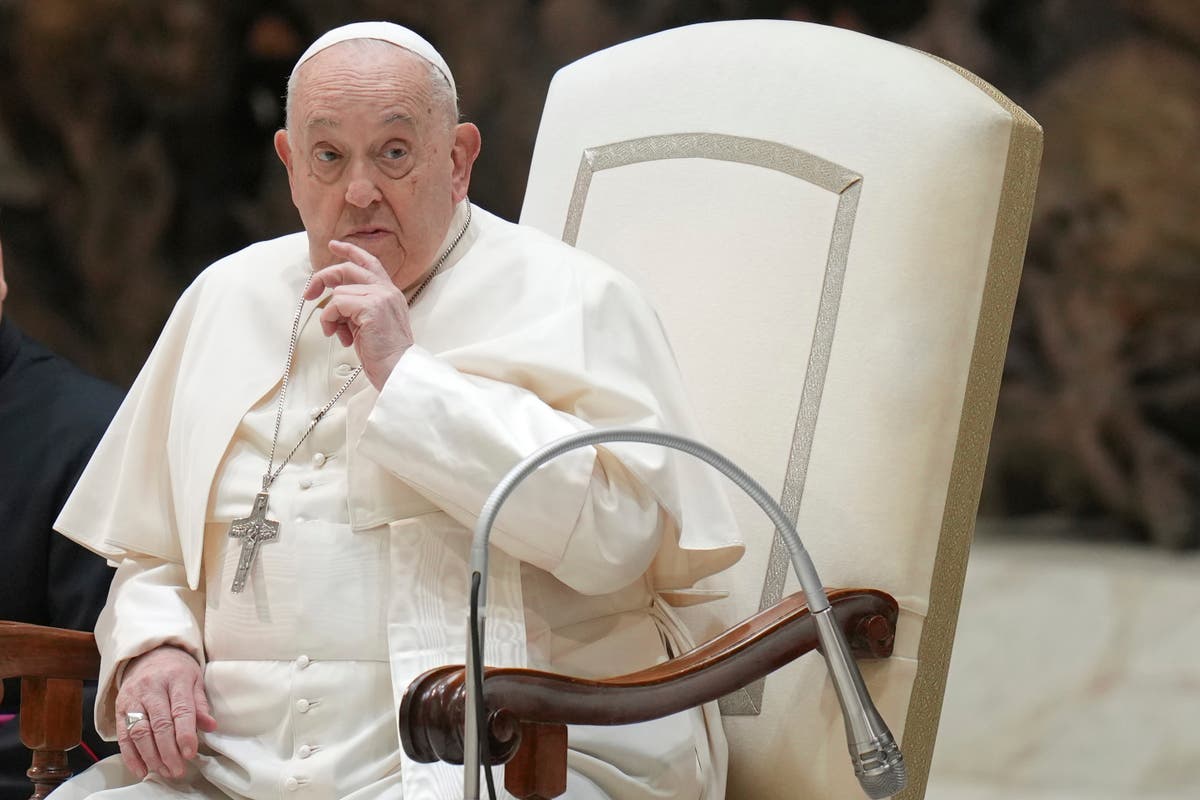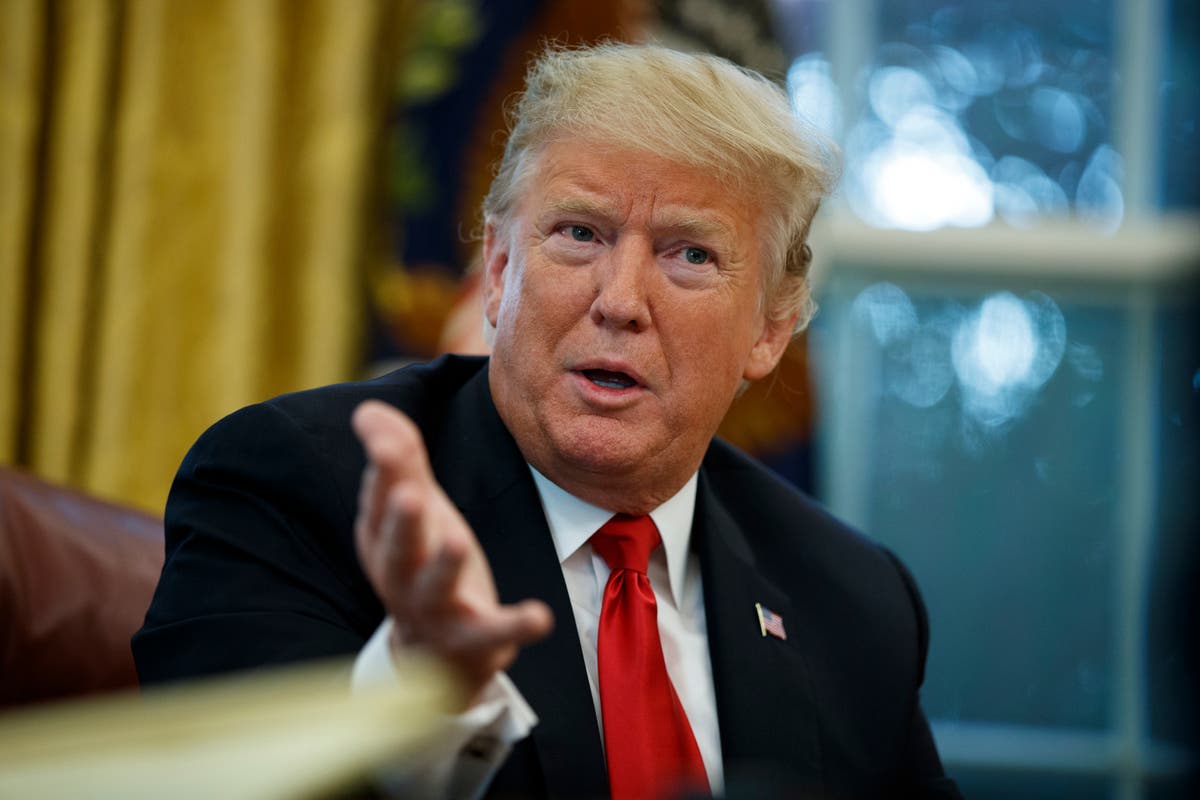Turkey reiterated its support for a two-state solution in Cyprus as the UN prepares for talks in early spring. Turkish Foreign Minister Hakan Fidan stated that pursuing any other arrangement would be unproductive. This stance contrasts sharply with the Greek Cypriot position, which favors a federation.
Fidan's comments follow discussions with Ersin Tatar, leader of the Turkish Cypriot community, whose self-declared independence in the island's north is recognized only by Turkey. The 1974 Turkish invasion, following a coup attempting to unite the island with Greece, led to the island's division.
Previous attempts at a peace deal, notably a 2017 effort, stalled. Turkey's insistence on a two-state solution, where Turkish Cypriots would not be a minority, is a key point of contention. Greek Cypriots reject a two-state solution, viewing it as solidifying the division and unacceptable Turkish military presence.
Greek Cypriot officials highlight Turkey's demand for permanent troop presence and military intervention rights in any agreement as the primary stumbling block to previous peace negotiations. The UN, EU, and others advocate for a federation, not a two-state solution.
UN Secretary-General Antonio Guterres is organizing an informal meeting in March to gauge each side's aspirations for a resolution. A prior envoy found no common ground for renewed talks. While Greek Cypriot President Nikos Christodoulides is prepared to resume talks without a two-state discussion, Tatar emphasizes the meeting's significance, intending to map the next steps in resolving Cyprus' future.
A resolution, besides regional stability, could unlock offshore natural gas reserves in the disputed area.







